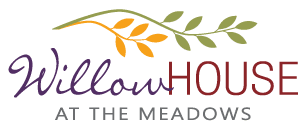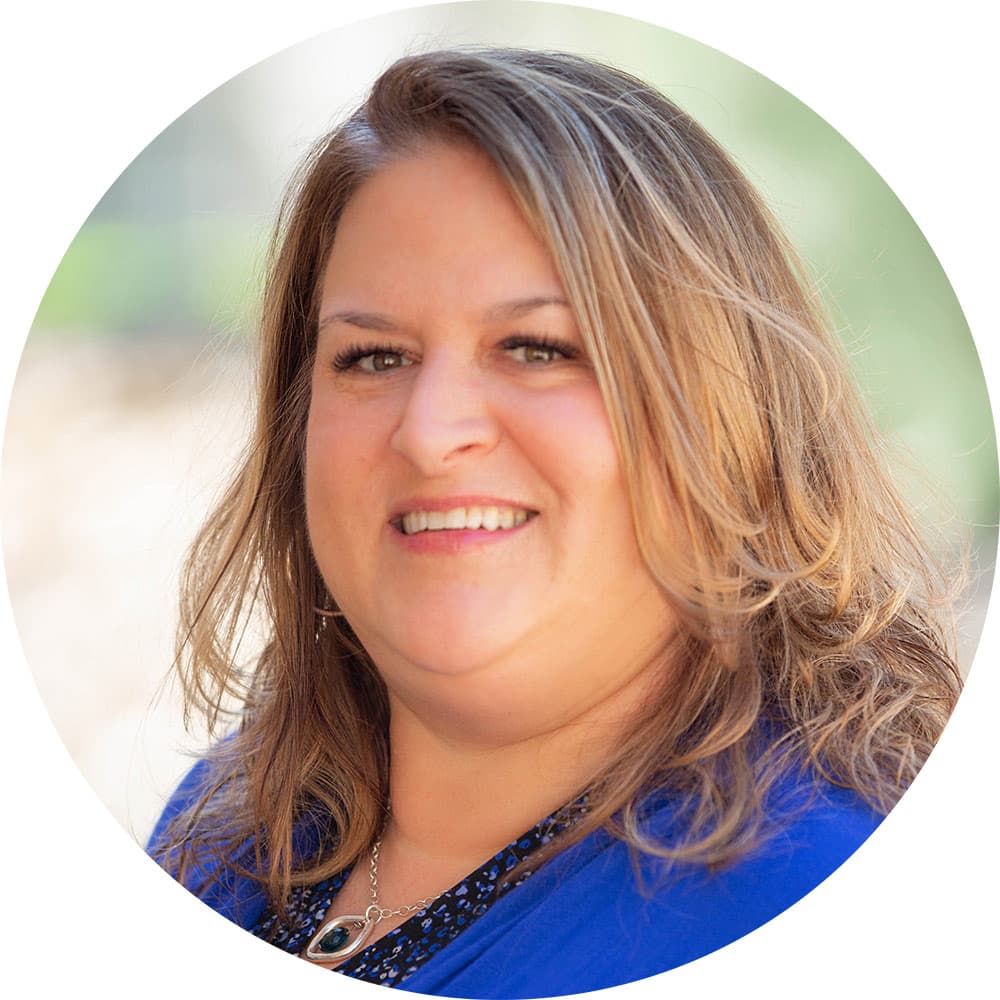What is Child Abuse and Why Does Child Abuse Still Matter in Adulthood?
April 19, 2018
The Meadows specializes in treating trauma. Abuse is one form of trauma. Often times, childhood trauma that occurred because of child abuse is overlooked as a core issue when people enter treatment for addictions or other mental health disorders. Sometimes people minimize what they experienced as children, deny that they were abused, or believe that it happened so long ago that they are (or that they should be) “over it” or it is no longer relevant.
What Exactly is Child Abuse?
“…child abuse is any action or inaction, by a parent or other major caregiver, that is less than nurturing or experienced as shaming by a child.”
What exactly is child abuse? There are many definitions out there and most answers to the question are quite complex. The Meadows uses Senior Fellow Pia Mellody’s simple, yet broad definition: child abuse is any action or inaction, by a parent or other major caregiver, that is less than nurturing or experienced as shaming by a child. This is my favorite definition since it does not minimize based on intent and it allows for the child’s experience of the action or inaction to be the primary defining factor. It also eliminates issues around what was “acceptable” in society at any given time. Just because something was accepted in society, it does not mean that it was healthy or OK. Society makes many mistakes.
While this is not even close to being an exhaustive list, here are some examples of child abuse (adapted from Pia Mellody’s book, Facing Codependence):
Physical Abuse:
⦁ Hitting, kicking, punching, pinching, burning, etc.
⦁ Failure to provide adequate physical needs (food, shelter, clothing, medical, etc.)
⦁ Lack of appropriate physical nurturing (too much or not enough)
⦁ Forced to watch or listen to someone else being abused
Sexual Abuse:
⦁ Any sexual contact between an adult and a child (or two children with a power differential such as age difference or more than three years) including, but not limited to, sexual intercourse, oral sex, anal sex, touching of genitals or other private areas
⦁ Poor sexual boundaries with children (not monitoring exposure, objectification, rigid or uncontained sexual attitudes, inappropriate sexual talk in front of children, etc.)
⦁ Failure to protect a child from sexual abuse when the risk is known or should reasonably be known (a family member who has been accused of sexually abusing a child is permitted to babysit)
⦁ Lack of sexual information, too much sexual information or sexual misinformation given to children
Emotional Abuse:
⦁ Failure to provide emotional nurturing (ignoring, neglecting, abandoning, etc.)
⦁ Refusing to allow a child to express their feelings (“stop crying or I will give you something to cry about”, “get over it already”, etc.)
⦁ Demonstration of improper expression of feelings by caregivers (yelling, belittling, sarcasm, ridiculing, demeaning, raging, silent rage, side-ways anger, guilting, etc.)
⦁ Overindulging or overprotecting⦁ No accountability or limits set
⦁ Emotional isolation or forced to keep unhealthy secrets
Intellectual Abuse:
⦁ Attacking or shaming a child’s thought process
⦁ Ridiculing for being “too smart” or “not smart enough”
⦁ Failure to provide education
⦁ Failure to support a child with a learning disability or who is gifted
⦁ Demanding perfection
⦁ Over-controlling or forcing religious beliefs
⦁ Hypocrisy
⦁ Failure to provide spiritual nurturing
⦁ Any abuse by a spiritual leader
⦁ Using spirituality to instill fear
⦁ Occult or radical religious practices
Peer or Social Abuse:
⦁ Bullying or being teased by siblings or other peers
Why Does it Still Matter When I am an Adult?
Trauma impacts the brain. Children have brains that are not fully developed. When children are abused their brains are forced to develop in a stressed or dysregulated state. This can lead to a lifetime of challenges with self-regulation. Childhood abuse can lead to an increased likelihood of unhealthy relationship patterns, addictions, anxiety, depression, obesity, suicide attempts, chronic health issues, and sexually transmitted diseases. That last list could just as easily begin with, “People most frequently seek treatment for…”. While the majority of people are motivated to therapy or treatment for symptoms, the best treatment also addresses the underlying and historical issues that pre-date the symptoms. Symptoms are often a result of a person’s maladaptive attempts to cope with stress and dysregulation. When underlying issues are not addressed, symptoms may return or new symptoms may surface to replace the ones that were treated.
Do I Need to Seek Treatment?
Some people need to seek inpatient or intensive outpatient treatment when their symptoms are so disruptive to their lives that day-to-day functioning is impaired. Some people require less intensive treatment but still want something that is specialized and focused on how to deal with their core issues and childhood trauma. The Meadows and its sister programs offer highly individualized treatment services encompass trauma and related mental health conditions on many different levels. Childhood trauma can be addressed at all of The Meadows’ programs. Survivors is The Meadows signature workshop and an essential component of its inpatient treatment programs. It is an intensive workshop focused on addressing childhood trauma. The Survivors workshop is also offered as a stand-alone intensive for people who are not in need of long-term treatment. Rio Retreat Center at The Meadows offers a five-day Survivors workshop for anyone who is interested and who meets the criteria for admission. For more information on enrolling in a Survivors workshop experience or for any of our treatment programs, please call our intake department at 1-800-244-4949.
April is National Child Abuse Prevention Month. For more information, go to April is National Child Abuse Prevention Month. For more information, go to https://www.childwelfare.gov/topics/preventing/preventionmonth/
Written by: Dr. Georgia Fourlas, LCSW, LISAC, CSAT-S, Clinical Director of Workshops, Rio Retreat Center at The Meadows

